Written By : Irshad Ahmad Bhat
( Researcher Scholar Pursuing Phd in Political Science )
We began with an unease—persistent, nameless, yet deeply intimate.
It was not a question of policy, nor a matter of rhetoric. It was a wound. And like all true wounds, it refused to be silenced by forgetting. The unease asked: How does one live meaningfully in a place where memory has been both the burden and the last refuge? How does one think—truly think—in a land that has been repeatedly reduced to an event, an issue, a slogan, a spectacle?
Kashmir, to us, is not a problem. It is a presence. A civilizational presence that cannot be captured by surveillance maps or development metrics. It is a consciousness—layered, defiant, luminous. Its landscape has carried more than seasons—it has carried suffering. The Jhelum has borne more than snowmelt—it has borne blood. And yet it flows. Not in denial, but in endurance.
There comes a time when calm must be reclaimed—not as amnesia, but as homage.When rivers must be cleansed—not merely of what was shed, but of what was silenced. This is that time. Now is the moment to recover stillness—not as passivity, but as attentiveness. To understand peace not as the opposite of pain, but as the pursuit of meaning amid it.
We begin not as experts, but as listeners. We are not here to impose answers. We are here to create a clearing—for thought, for remembrance, for disagreement, for tenderness. In a world increasingly addicted to certainty, we make a plea for patience. In a society numbed by performance, we make space for presence.
Too much of what passes for conversation today is noise masquerading as clarity, or cruelty masquerading as conviction. We seek to resist both. We seek a different register—slower, deeper, quieter—where complexity is not feared, and contradiction is not rejected, but held. Where disagreement is not a threat, but a sign of life.
We are troubled by the complacency of our age—the creeping normalisation of hatred, the quiet approval of brutality, the intellectual laziness that confuses power with wisdom. These are not mere shifts in opinion. They are ruptures in soul. They erode our ability to see the other as fully human—and thus, they erode us.
From the ancient Reshi sages to the convening of the Fourth Buddhist Council, from the luminous teachings of Lal Ded to the spiritual clarity of Nund Reshi, Jammu & Kashmir has been a cradle of philosophical inquiry, metaphysical insight, and syncretic traditions. It was never just a periphery—it was a centre of civilizational thinking in the Bharatiya Upmahadweep (the Indian subcontinent).
This land must now reclaim its role not only as a site of pain but as a site of possibility. It must once again become a lighthouse of knowledge, a space where the pursuit of truth is not secondary to power, and where dignity is not sacrificed for silence. This is not nostalgia—it is responsibility.
On the eve of India’s economic reforms, Jammu & Kashmir was violently thrust into a reign of imported terror. This rupture did not merely interrupt its economy—it choked its autonomy, mutilated its aspirations, and derailed its organic trajectory of transformation. And yet, despite these scars, the region retains immense potential.
With its unique ecology, rich hydro-resources, and breathtaking geography, Kashmir can be imagined anew—not as a “problem to be solved” but as a model to be followed. A microcosm of sustainable innovation, rooted in its own strengths, Kashmir can become a centre of climate-conscious revival, ecological justice, and technological imagination—a kind of Himalayan Silicon Valley anchored in cultural wisdom and ethical stewardship.
We also believe that the wisdom of Kashmir does not lie only in archives or libraries. It lives in shrines, in oral traditions, in hand-written manuscripts, in fading songs sung on winter nights. It lives in the rhythm of daily life—sometimes broken, sometimes miraculous. To reclaim it is not a luxury. It is an ethical imperative.
Our foundation is committed to this reclamation—not as ritual nostalgia, but as intellectual renewal. We want to work with this wisdom, bring it into dialogue with contemporary challenges, and ask what it still teaches us about compassion, co-existence, and the ethics of public life.
Another area that calls for urgent attention is the environment. The signs are no longer subtle—the degradation is visible, the silences around it deafening. If we fail to speak of water, of forests, of glaciers, of shared accountability, then we are not just losing ecology—we are losing future generations. Awareness without action is paralysis. Our programs will place ecological justice at the core of our work.
To this end, we are launching the ‘Duty First’ Club—a platform that moves beyond rhetoric and ritual. It aims to cultivate a culture of responsibility among youth: through volunteering, environmental action, public service, and civic repair. We want our youth to know they are not just inheriting a broken system—they are also capable of imagining a new one. In responsibility, there is dignity. And in dignity, there is hope.
Finally, we reject the language of borrowed frames. The story of Kashmir must not be told only in categories imposed from outside. It must speak for itself—and to the world. This region has thinkers, poets, reformers, and rebels who are not footnotes in someone else’s narrative. They are the authors of their own.
We do not claim to have all the answers. But we do claim this:
The future cannot be built on denial, distraction, or despair.
It must be built on memory, clarity, courage—and the slow, difficult labour of thought.
This is our beginning.
Not in noise, but in listening.
Not in fear, but in moral imagination.
Not in erasure, but in remembrance.
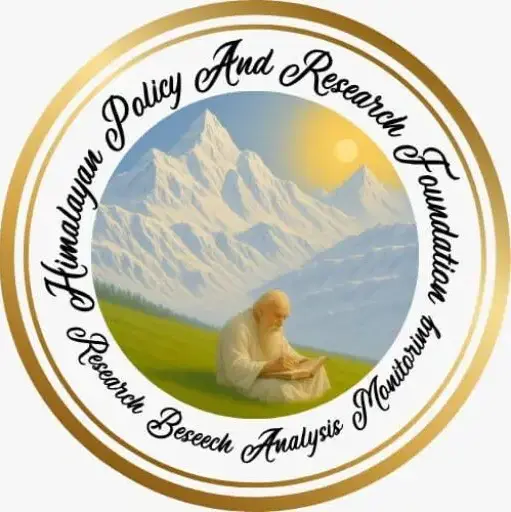
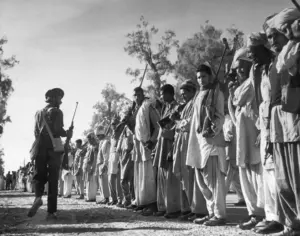
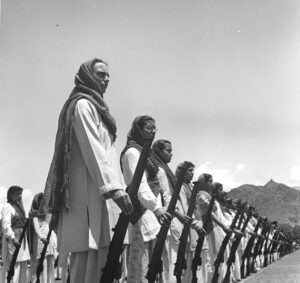
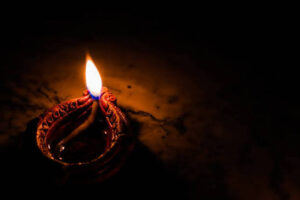
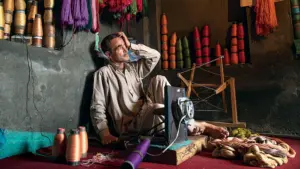


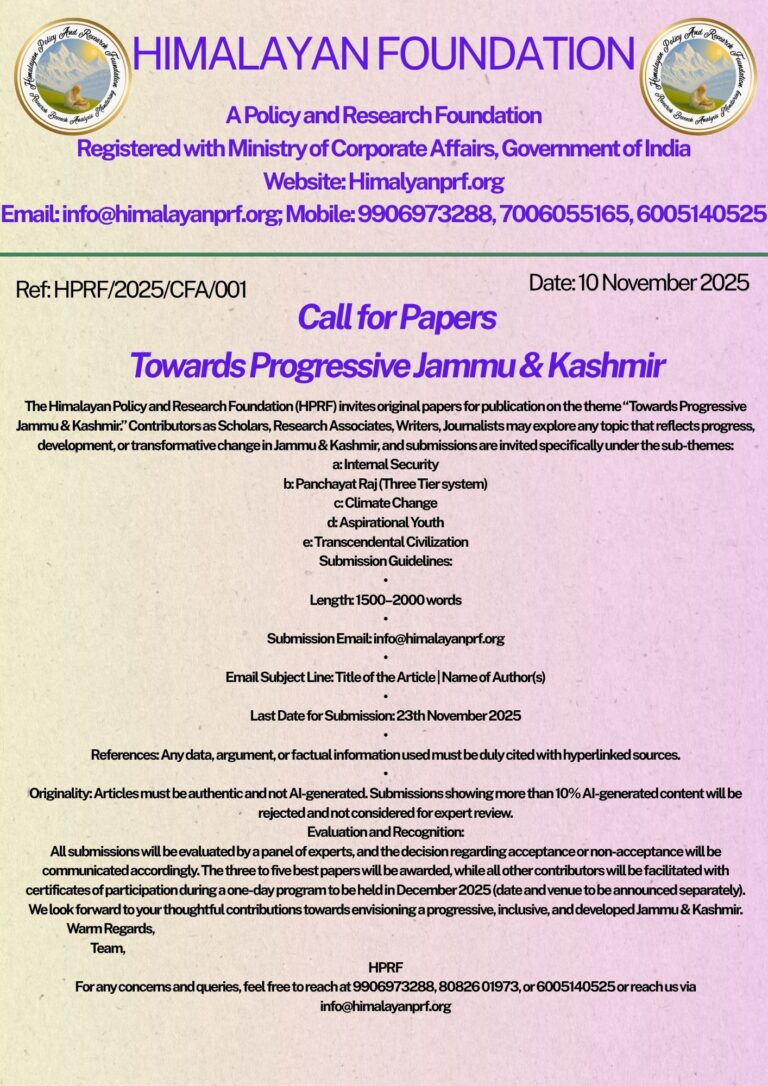

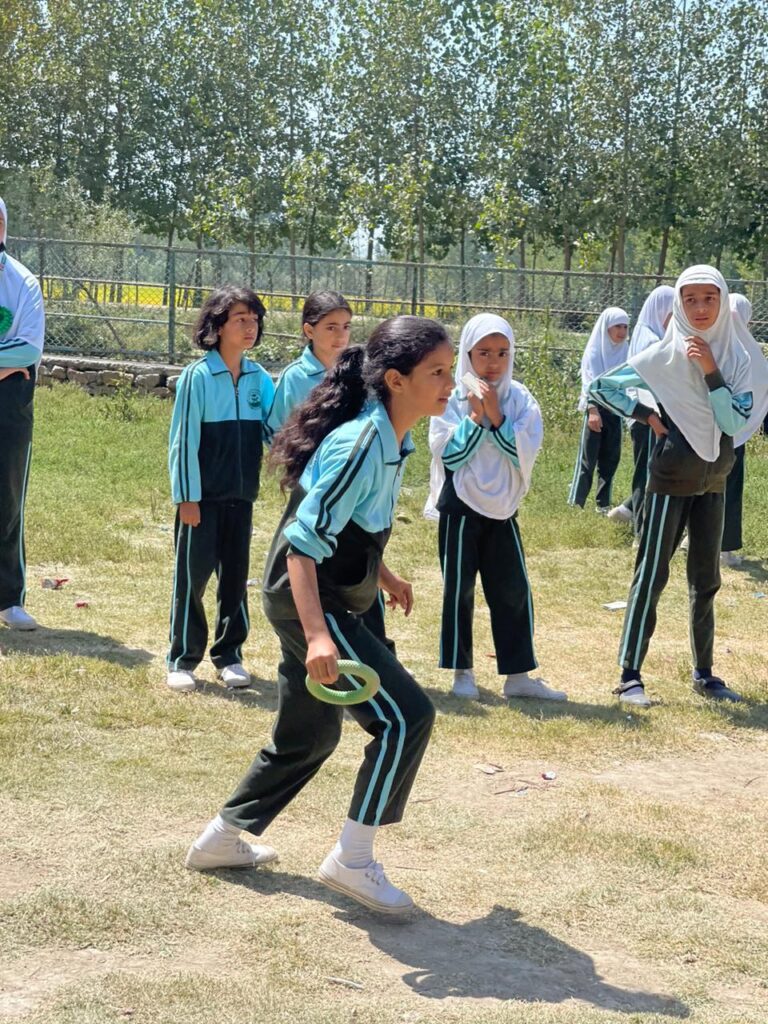
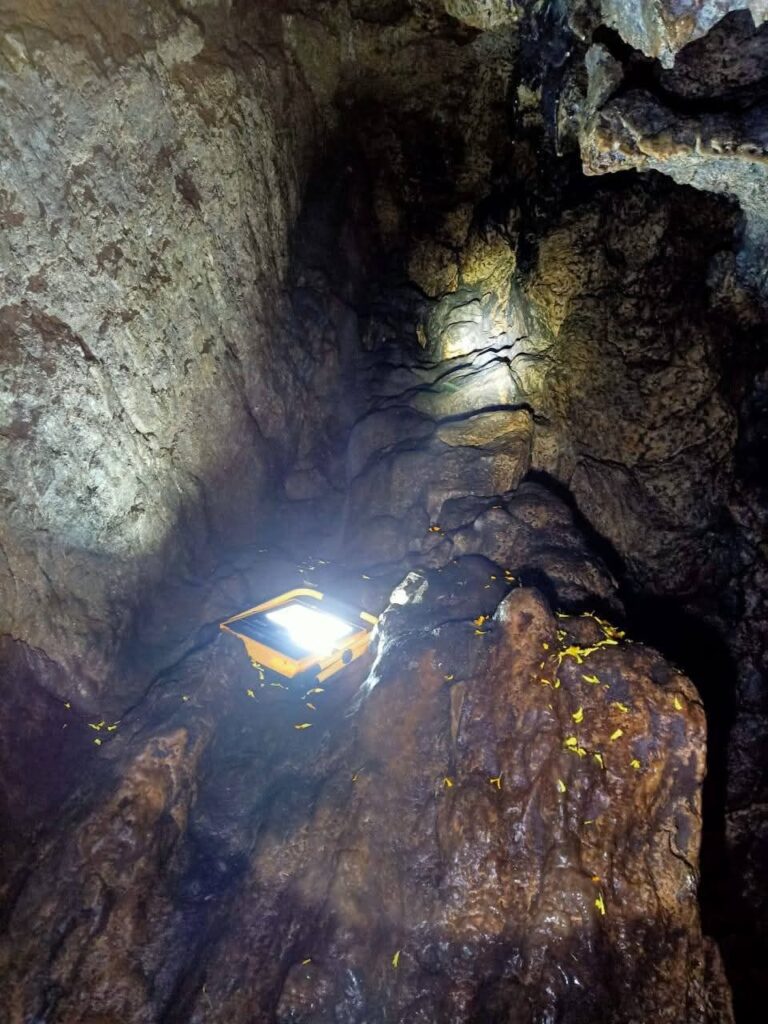

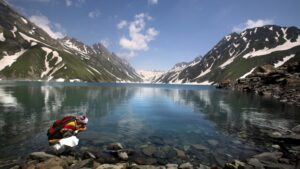
Good efforts to raise the genuine issues on this platform
Thanks for being with us. waiting for your valueable suggestions and write-ups